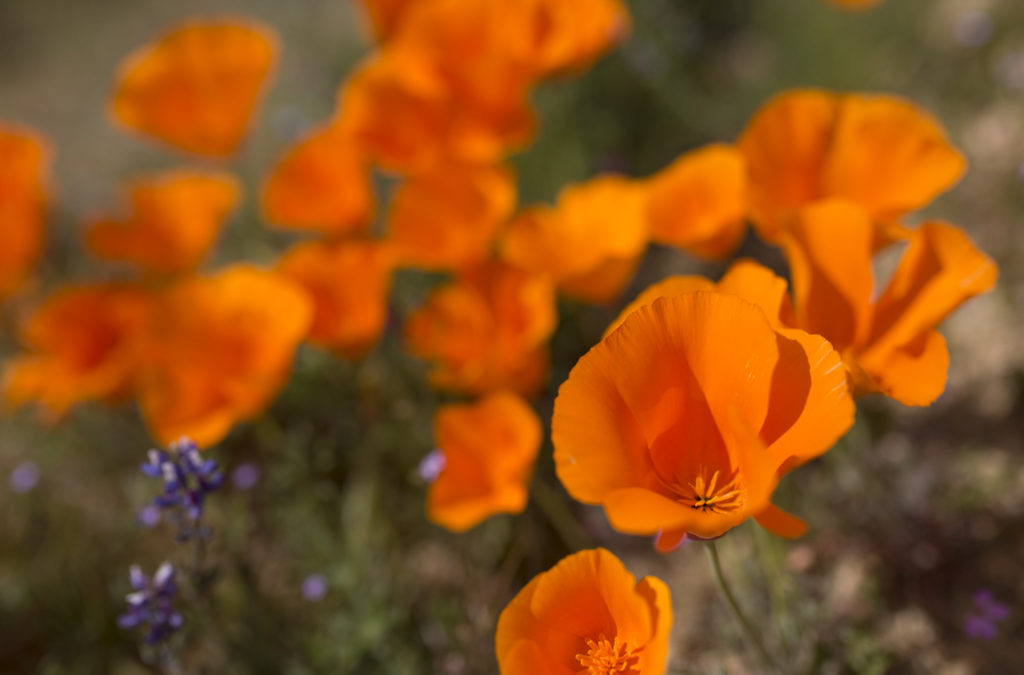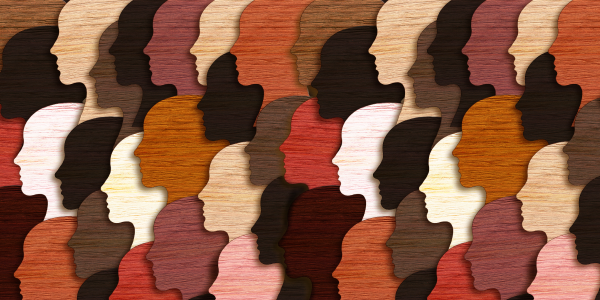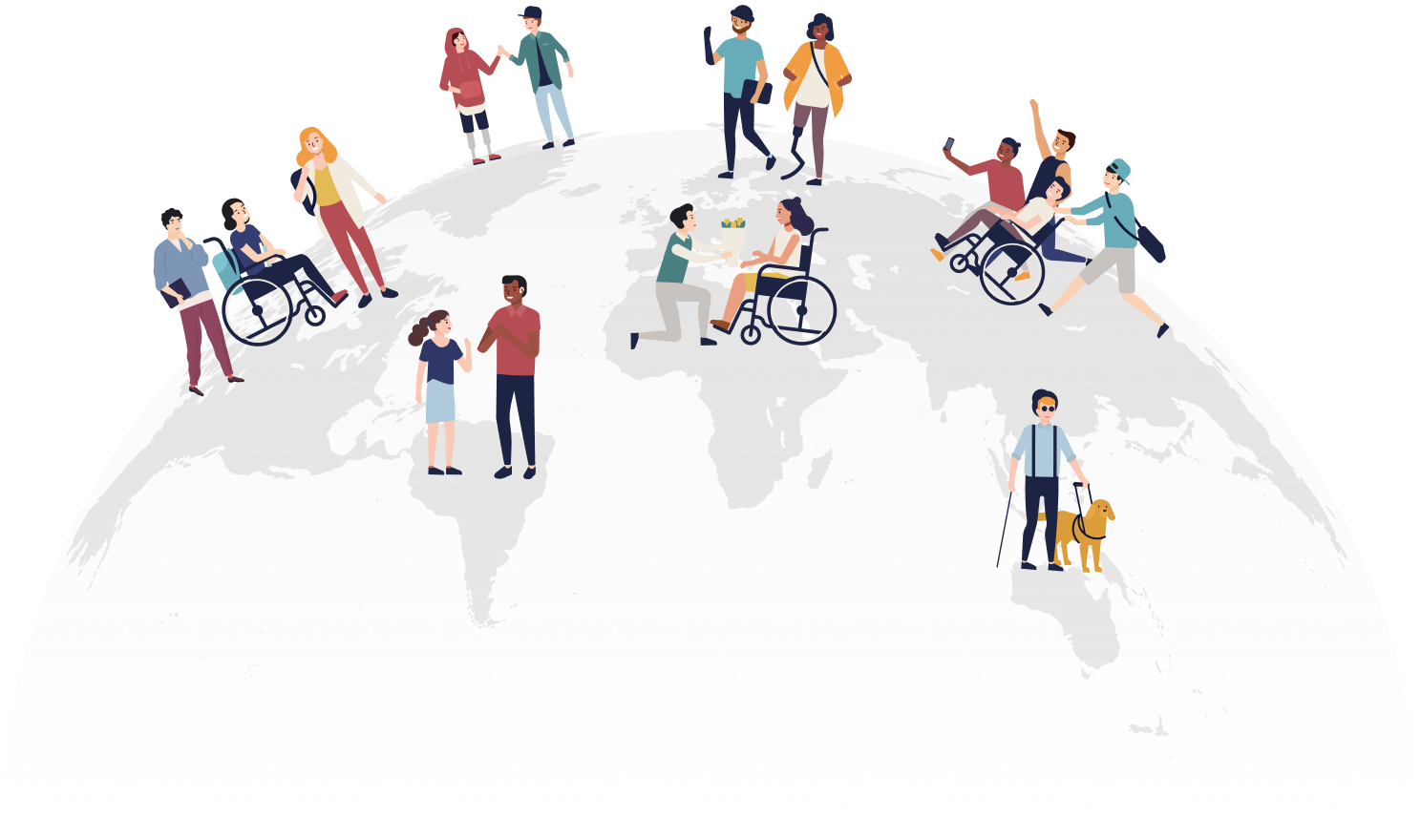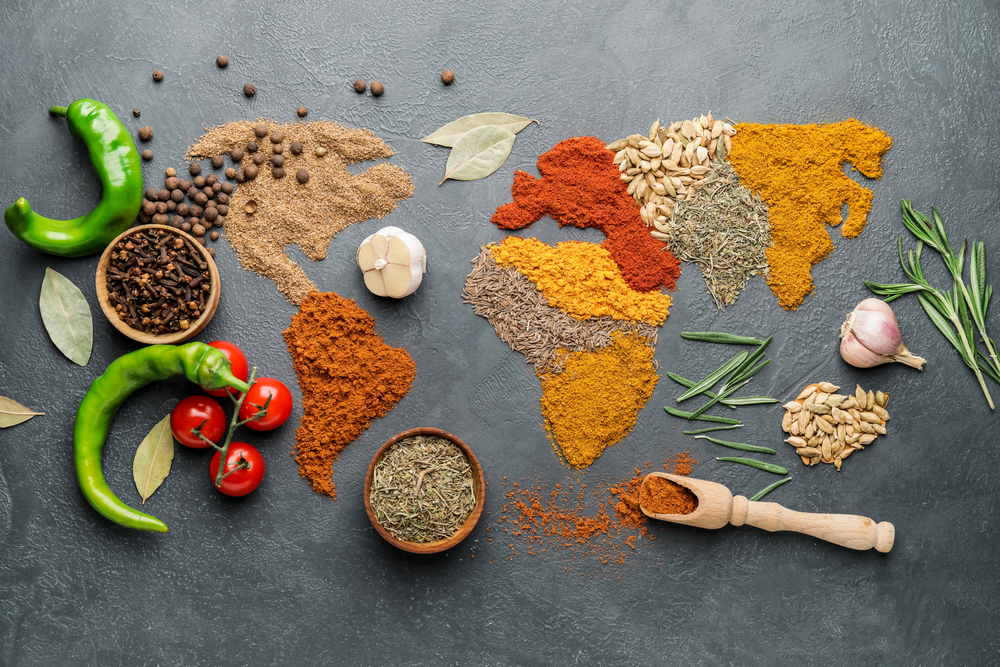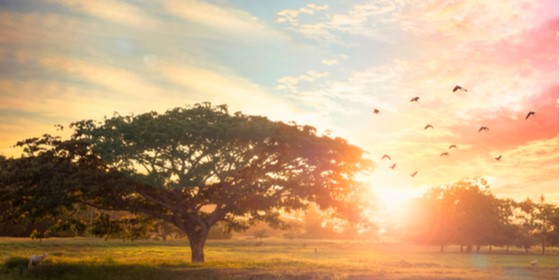
Thoughts on Covid
by Guadalupe Aguilar
Each day may seem like the day before. You don’t know which day of the week it is or even what month you are in. It is day 145 since this pandemic invaded our world, or could it be day 500, it felt like it. Some days I wanted to cry (and I did), some days I just laughed and some days I wanted to scream.
My mental health was off the hook the first couple of weeks, I will admit. I found it hard to breathe. And as the days turned into weeks and then months, I closed my eyes and I acknowledged all that I was feeling-anxiety, stress, a bit panicked and scared. And as I processed these feelings, I transported myself to the ocean and in my mind, I could hear the ocean waves, remembering how the sand felt between my toes. In the ups and downs of this pandemic, there were good days and bad days.
It is important to accept what you are feeling, let it go through you, let it OUT. But through it all, ask yourself what is it that is most important to you. For me, it is my family, husband, sons, extended family, close friends, the treasure of memories of loved ones no longer here. read more…
What Works for Me and My Mental Health
By the LACDMH Cultural Competency Committee and Sandra T. Chang, Ph.D., ARDI Division – Cultural Competency Unit
With a strong acknowledgment of “May is Mental Health Month”, the LACDMH Cultural Competency Committee (CCC) took the initiative of sharing their members’ favorite practices to promote personal mental health. All these coping strategies have been bundled as a gift from the committee to all Los Angeles County communities with a very special message:
- Each life matters, our lives and wellbeing matter
- Our physical and mental wellbeing require active acts of kindness coming from ourselves for ourselves
- It is when we take good care of and love ourselves that we can best love and take care of our families, friends, and others around us
“What Works for Us May Work for You” read more…
The 11th Global Accessibility Awareness Day (GAAD) is Coming
by Bernice Mascher, co-chair of LACDMH’s Cultural Competency Committee
Prepare for it, and participate in the many events being offered—past and present.
On Thursday, May 19, 2022, GAAD wants to get everyone involved in learning more about digital access and inclusion. In a world that relies heavily on digital technology, even more so since COVID-19 hit, there is still a vast need to improve accessibly in all sectors of society, especially for the one billion people with disabilities or impairments. This annual global event highlights the need to give every user a “first-rate digital experience on the web,” and they invite everyone to join them in finding or submitting an event to experience “first-hand the impact of digital accessibility (or lack thereof).” The ongoing initiatives of the GAAD Foundation (https://gaad.foundation) also invites all organizations to join them in a long-term commitment to improve digital access and inclusion for people with disabilities as a core requirement.
GAAD started back in 2011, with a single blog post by the Los Angeles web-based developer and current Co-Founder, Joe Devon. By chance, Jennison Asuncion, an accessibility professional from Toronto, came across Joe’s blog through a tweet and immediately joined forces with him to work out this idea of a Global Accessibility Day. Today, Jennison is also a Co-Founder of GAAD, and he shares an interview by Dr. Jonathan Hassell about the origin and intent of GAAD on the website here: https://accessibility.day/about/
GAAD demonstrates how digital accessibility continues to be a big challenge, a basic need, and a civil right by people with disabilities, who remain underserved among today’s digital products and output media. Inclusive design and technology can impact their lives, even in the simple use and development of an app, or a document that is accessible, legible and readable by every user. All staff members and community stakeholders in the Department of Mental Health can grow in this area of knowledge as well. GAAD presents an amazing opportunity to learn and experience the challenges and wonders of accessibility, and it is too good to pass by. read more…
My Multicultural Experience
Growing up, I had very different life experiences from most of my other peers. As I lived in a predominantly Hispanic community, my surname stuck out like a sore thumb. My last name is Chang. My great grandfather was Chinese, and immigrated to El Salvador in the early twentieth century. Even though I have mostly Hispanic ancestry, my Chinese heritage has played a large role in my life.
On my mother’s side of the family, my grandparents immigrated from Mexico. I was fully immersed in Mexican culture; on Thanksgiving, while we still had the traditional dishes such as turkey and cranberry sauce, we also indulged in tamales. For Christmas, my grandparents frequently made pozole and menudo. Not only was I exposed to many Mexican dishes, but I travel to Mexico about twice a year.
On my father’s side, we celebrate both Salvadoran and Chinese traditions. For celebrations, we frequently eat pupusas, and know much about the history of El Salvador. We also celebrate Chinese New Year. My grandparents both knew how to make Chinese dishes, and at some Chinese restaurants, the waiters became our friends because we dine there frequently.
Being exposed to so many cultures has allowed me to be knowledgeable about the world and have a craving to learn more. I was deeply immersed in Mexican, Salvadoran, and Chinese culture, and will continue to practice these traditions. While it is not easy being a woman of color, I fully embrace my background, and I wouldn’t change it for the world.
Armenian History Month
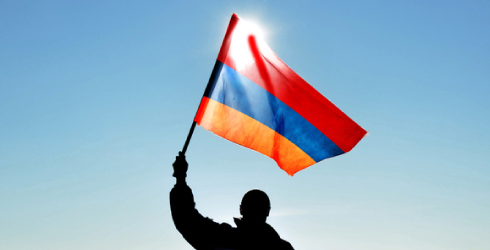
by Mariam Nahapetyan, B.S.W., M.P.A., Eastern European/Middle Eastern UsCC and Cultural Competency Committee
On March 27, 2022, the Los Angeles County Supervisors Kathryn Barger and Janice Hahn co-authored a motion, unanimously approved by the Board of Supervisors, to proclaim the month of April as Armenian History Month.
In the words of Supervisor Barger, “Los Angeles County is home to the greatest number of Armenians outside of Armenia.” While it is vital that we commemorate the Armenian Genocide each year, we must also celebrate the continual contributions of this vibrant community who deeply impact Los Angeles County’s culture, economy, government, and arts.”
Even though Armenians have been subjected to multiple genocides and ethnic cleansings by their neighboring countries for centuries, and undergone to ongoing complex traumas, they continue to survive and thrive. They continue finding ways to be resilient and heal from complex traumas and Post Traumatic Stress Disorders.
On April 7, 2022, the Department of Mental Health had its 4th Annual Armenian Transgenerational Effects on Trauma and Healing Event, where the department, with the help of Armenian Therapists and esteemed community members, and business owners, provided educational information about Armenian complex trauma, resiliency, and healing. We shared the Armenian culture through songs and dances. Since April 7 is considered Mother’s Day in Armenia we are wishing all the beautiful mothers happy Armenian Mother’s Day.
LACDMH’s Speakers Bureau Celebrates Its Second Anniversary
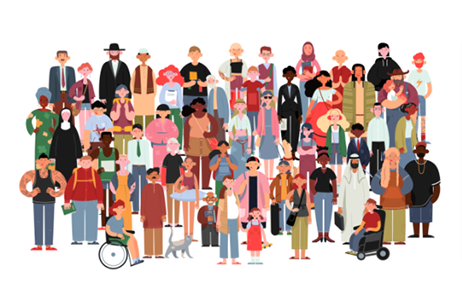
by Dr. Sandra T. Chang, ARDI Division — Cultural Competency Unit Manager
April is “Celebrate Diversity Month”. Some of us would call this “destiny”, some “coincidence”, others “pure luck”… regardless, it happened as if intentionally planned: the LACDMH Speakers Bureau celebrates its anniversary of implementation in the month of April. A special anniversary celebration was hosted on April 7th by Dr. Jorge Partida Del Toro and Dr. Sandra Chang, Speakers Bureau co-directors, to recognize the membership and honor all Speaker Bureau accomplishments over its two years of operation. Members received awards of recognition for their sustained and selfless commitment to serving our underserved communities. In-person and virtual event participants had the opportunity to hear from two dynamic panels featuring Speakers Bureau members sharing their experiences as media experts representing our Department and the internal support that expert members of the Chinese culture created within the Speakers Bureau.
Many are the accomplishments of the Speaker Bureau, which operates under LACDMH’s Antiracism, Diversity and Inclusion (ARDI) Division. Over the last two years, multiple Los Angeles County Board Offices, K-12 schools and institutions of higher learning, community and faith-based organizations, professional associations, and other governmental agencies across all eight Service Areas, the State and the country have benefited from the expertise of the Speakers Bureau. Members of the Speakers Bureau engage in a variety of internal and public-facing speaking engagements that address the clinical, cultural and linguistic mental health needs of L.A. County communities where they live and serve. read more…
A true love story and redemption / Una historia de amor y redencion
by Reverend Christian Ponciano B.Th. MBC, LACDMH Faith-Based Advocacy Council Chair
(Ed. Note: The Spanish edition of this article will appear below.)
In addition to being an annual tradition celebrated in distinctive ways by most part of Christianity, Holy Week is a story of love and redemption, having its theological roots in the four Gospels of Matthew, Mark, Luke, and John where they tell the same story from different perspectives being the same gospel. Jesus’ triumphal entry into Jerusalem, known as Palm Sunday, His suffering (passion), sacrificial death, and resurrection. Each of these events was foretold centuries before they happened by Moses, the prophets, and the psalms in the Old Testament. Their fulfillment had their reason for being for the benefit of all humanity before and after Christ. Let us consider the blessings of this tradition. read more…
Wondering How (I Could Be Me)

by Pierre Chambers, Community Health Worker
I find myself wondering
how it happened.
that I found pride
in whom I am,
joy in what I do,
and how I do it.
Coming from such ugliness
growing up gay,
being nothing to
family
church
and community.
I find myself wondering
how I learned to love me.
no one told me
that I was beautiful,
as I am.
I grew up wanting to be something
other than what I was,
just be like everybody else,
not be different.
Something I can see
in the mirror and smile at,
there were no examples,
revealing to me how to be.
No one to talk with
speaking truth into what I was/am.
I was alone,
and I had to figure
things out by myself.
until a stranger came along
and touched me.
in that special place.
then, I became alive.
I wanted to marry,
was told that that
was the correct thing to do,
the Christian thing to do.
There was no way,
I could marry a man,
so, I had to let go of that want.
I wanted children,
wanted to be a father.
I didn’t want to bring someone
I loved into this ugly world.
having to tell them
later that I was gay.
Yes, your father likes men,
wanted to love them.
I couldn’t suffer that exposure,
couldn’t take that rejection
by someone who said they loved me.
so, I had to refuse myself
that privilege and possible pain.
I wonder how it happened,
that I learned to love me.
couldn’t say it came from God
because they told me God
didn’t love me, and my kind.
Had me believing that lie
from the devil’s tongue they said.
But we all know
it was from man’s fear.
I might, rub off on him.
make him look like me,
make him want me, and then what?
Association might make him
want to come out.
make him want to feel
what he’s been suppressing
in his soul.
Recruit him!
Reveal to him what he’s been hiding,
from himself!
He feared what I was.
How is it,
that I love myself,
who I am,
just me.
By all rights I shouldn’t.
I’m glad I know, it’s alright too!
Never Mind
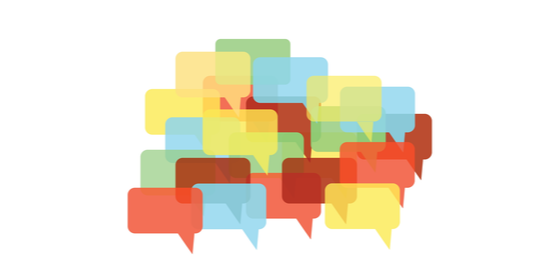
by José Paul Molina, Youth Community Member
I will sometimes find myself lost in a conversation with a hearing person over a word or sentence they say, so I would automatically ask them to repeat themselves. Dismayingly, they will utter one of my least favorite phrases as a deaf person with a cochlear implant (CI), “never mind.” Occasionally, they will say “I’ll tell you later,” which is even worse because they never do. When you are verbally engaging with deaf people like me, please remember that patience is key. Try not to express any frustration when we do not understand because that further excludes us. Please be mindful that it can be very painful for us to be confused and get left out of conversations despite our full attention just because we cannot hear them clearly. There can be numerous reasons why I, personally, cannot fully hear, such as noisy, crowded environments, heavy accents, fast speakers, or even face masks made common by COVID-19.
Some people, especially my family, will ask how come I cannot hear them since I have my CI. For that, I will say that while CI is an awesome piece of technology, it is not a miraculous cure for deafness. I am deaf without CI, I am still deaf with it, and I will never be able to hold up to abled standards. In fact, after 18 years of CI, I can only hear 80% of what is going on around me and that is only in quiet spaces, though the percentage varies for other CI users. It is, therefore, up to me to fill out the gap by relying on social cues and context, lip-reading, and pure luck, especially with less than ideal speakers and environments. So, next time we ask you to repeat what you said, I hope that you will be accommodating without any annoyance by facing toward us and allowing yourself to repeat or rephrase the statement at least once, or write it down. It only takes 5 to 10 seconds, but it is one of the great ways to develop an inclusive space for deaf people to thrive in a hearing world.
March Message from DMH-ARDI
Our department’s Anti-Racism, Diversity, and Inclusion (DMH-ARDI) Division is raising awareness and appreciation for multiple, month-long commemorations taking place this and next month.
We encourage you to check out the below articles on our Cultural Traditions & Connections space to engage with some of the cultural awareness themes observed in March.
Please also take a few minutes and join us in lifting up our collective voices by supporting, learning from, and celebrating these cultures and communities being recognized this month: read more…
Blog Search
About This Blog
The project has its roots in the Cultural Competency Committee’s “Share your Culture” initiative introduced by Co-Chairs, Mr. Sunnie Whipple and Ms. Bernice Mascher. This initiative engaged community members, consumers, family members, peers and staff alike in presenting on different aspects of their culture; thereby fostering cross-cultural learning, understanding, sensitivity, and appreciation.
The Cultural Traditions and Connections Blog came out of the need to connect with our committee members, inclusive of consumers, family members, peers, advocates, community members, colleagues and co-workers. It was fueled by the need to tell everyone that we care about what is happening within our families, our neighborhoods, our communities, our country, and our world.
We can all share and find nurturing connections by engaging in reading heartwarming articles and reflections that help us relax our tired minds, draw smiles across our faces, and comfort our spirits with a sense of collective caring found in the richness of who we are as human beings.
This blog’s content is managed by the members and staff of the Cultural Competency Committee.

